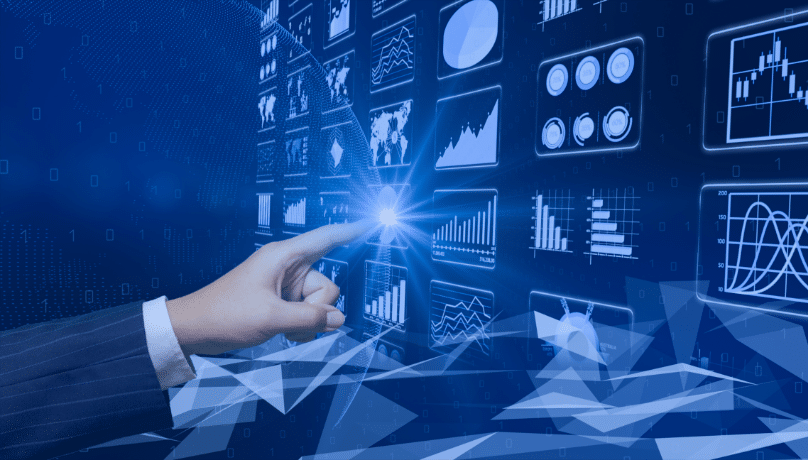








The Internet of Things (IoT) has emerged as a transformative force, revolutionizing the way we live, work, and interact with the world around us. By allowing seamless connectivity between physical devices and digital systems, IoT is unlocking a wealth of possibilities across various industries, making our lives more efficient, sustainable, and personalized.
The Internet of Things (IoT) has a wide-ranging impact, affecting various sectors and industries. The following outlines the impact of IoT on different sectors:
IoT-enabled smart home solutions like smart thermostats, connected appliances, and home security systems provide enhanced comfort, security, and energy efficiency. For example, Nest’s learning thermostats can automatically adjust temperatures based on occupancy patterns, optimizing energy usage. Other smart home systems that are commonly known are Apple HomeKit and Google Home.
IoT plays a crucial role in the development of smart cities by enabling improved traffic management, infrastructure monitoring, and environmental sustainability. Smart traffic lights and parking sensors can optimize traffic flow, while connected waste management systems can streamline collection processes. The biggest city in Vietnam, Ho Chi Minh City, is going on a plan to become a smart city by 2030, as it’s now using many tracking and management applications for traffic control and digitally transforming its legal system.
IoT-powered wearable devices like smartwatches and fitness trackers offer personalized health monitoring, activity tracking, and overall well-being improvement. Fitbit’s fitness trackers, for instance, can monitor heart rate, track workouts, and provide personalized coaching.
By leveraging IoT sensors and data analytics, industries can optimize production processes, implement predictive maintenance, and increase operational efficiency. Connected sensors in factories can monitor equipment performance, enabling real-time adjustments and reducing downtime.
IoT solutions enhance inventory management, optimize logistics, and improve the overall customer experience. Smart shelves can track stock levels in real-time, while RFID tags enable precise shipment tracking throughout the supply chain.
IoT is transforming agriculture through precision farming techniques, resource optimization, and improved crop yields. Smart irrigation systems and soil moisture sensors can optimize water usage, while remote monitoring of crop health can enable timely interventions.
IoT has the potential to revolutionize healthcare by enabling remote patient monitoring, improved diagnostics, and personalized treatment plans. Wearable health monitors and connected medical devices can provide real-time data to healthcare professionals, facilitating early interventions and personalized care.
Want to build your IoT system? Check out our technology: Next-gen IoT services
As the Internet of Things (IoT) continues to expand, security and privacy concerns become paramount. With an increasing number of devices collecting and transmitting sensitive data, the potential for cyber threats such as data breaches and hacking attempts grows. It is crucial to address these vulnerabilities by implementing robust security measures, including:
Additionally, user awareness and control over personal data within the IoT ecosystem are essential. Individuals should understand their rights regarding data collection, storage, and usage, and have the ability to manage their privacy preferences.
The Internet of Things (IoT) is constantly evolving, with emerging trends and technologies poised to reshape the landscape further. Some notable developments include:
As IoT technology continues to advance, its impact will be felt across various domains, from smart cities and personalized healthcare to environmental monitoring and sustainable resource management, shaping a future where interconnected devices and data-driven insights revolutionize the way we live and work.
The Internet of Things (IoT) is a transformative technology that holds immense potential for individuals, businesses, and society as a whole. As we explore the benefits and applications of IoT across various industries, it is evident that this connected world offers unprecedented opportunities for efficiency, sustainability, and personalization.
At ITC Group, we are at the forefront of IoT innovation, offering cutting-edge solutions that enable businesses to unlock the full potential of this technology. Contact us to learn more about our comprehensive IoT services and how we can help you leverage the transformative power of the connected world.
Stay ahead in a rapidly changing world with our monthly look at the critical challenges confronting businesses on a global scale, sent straight to your inbox.